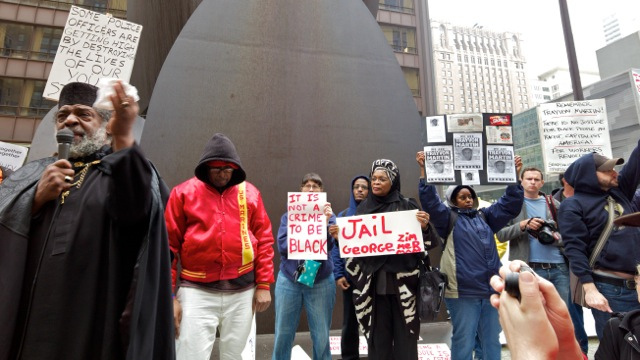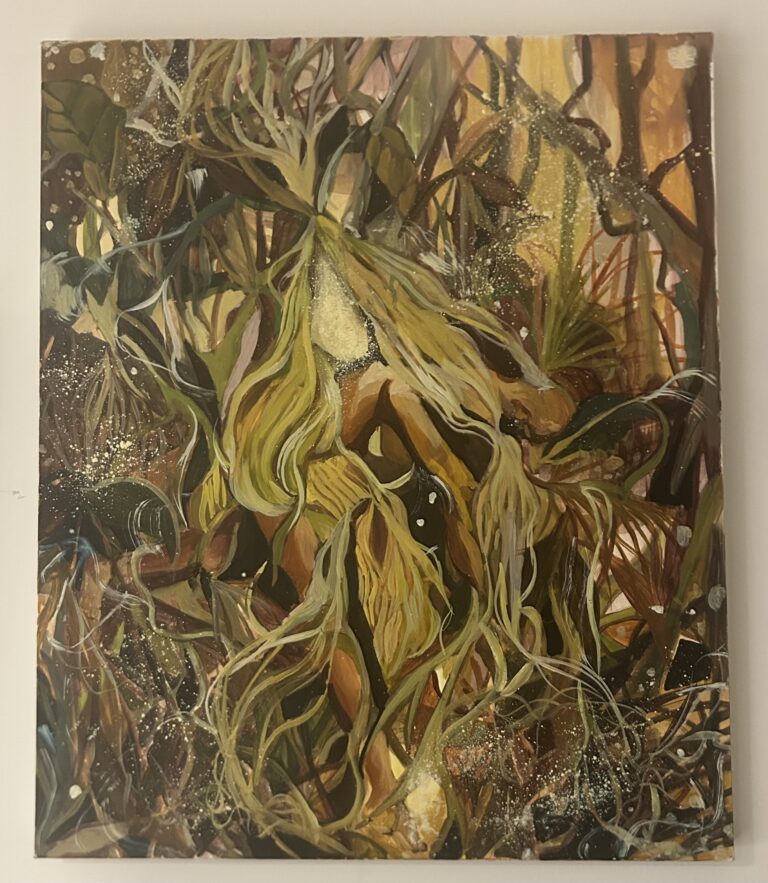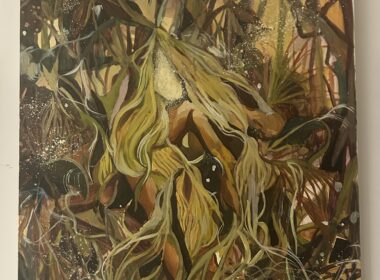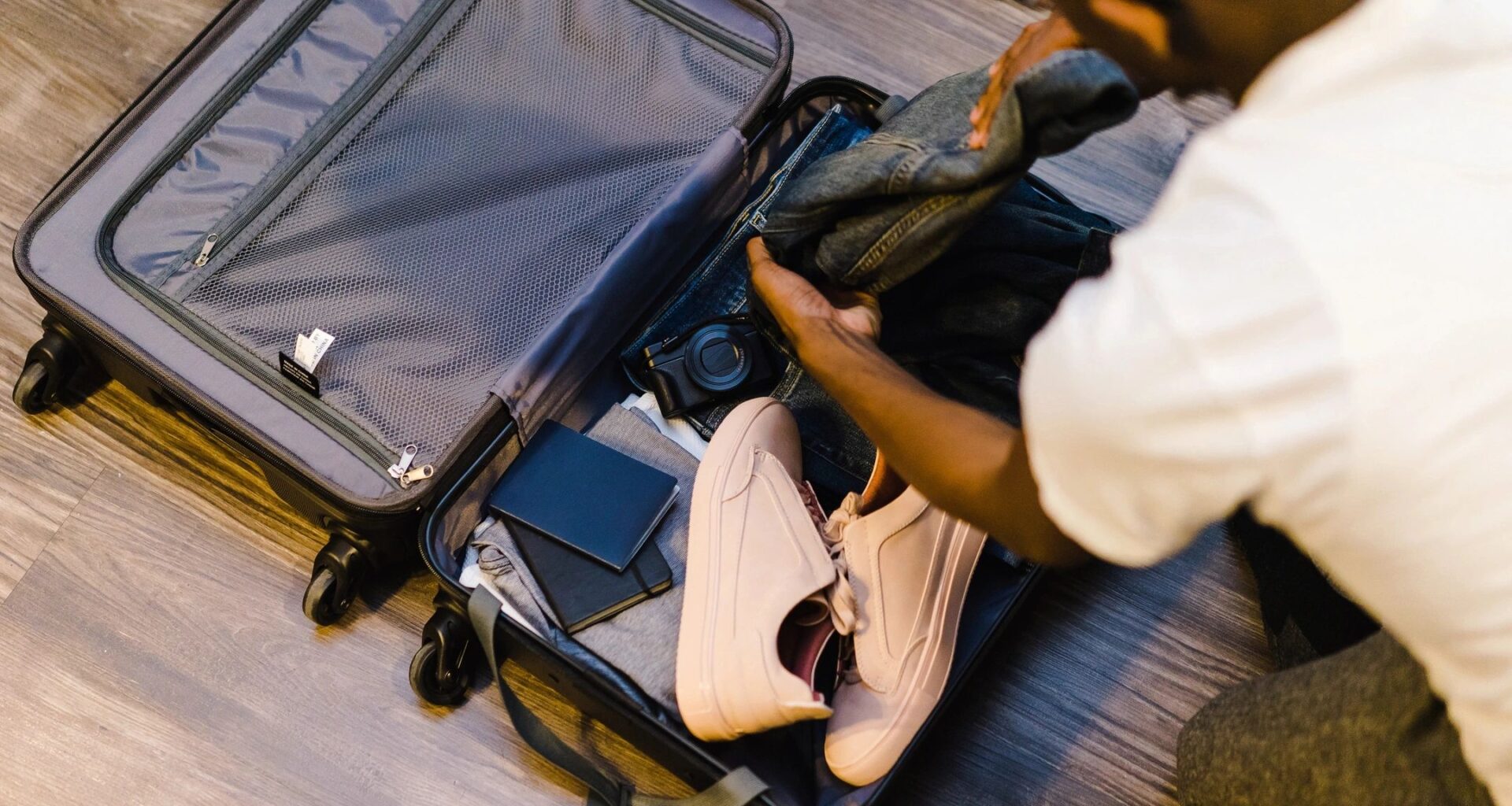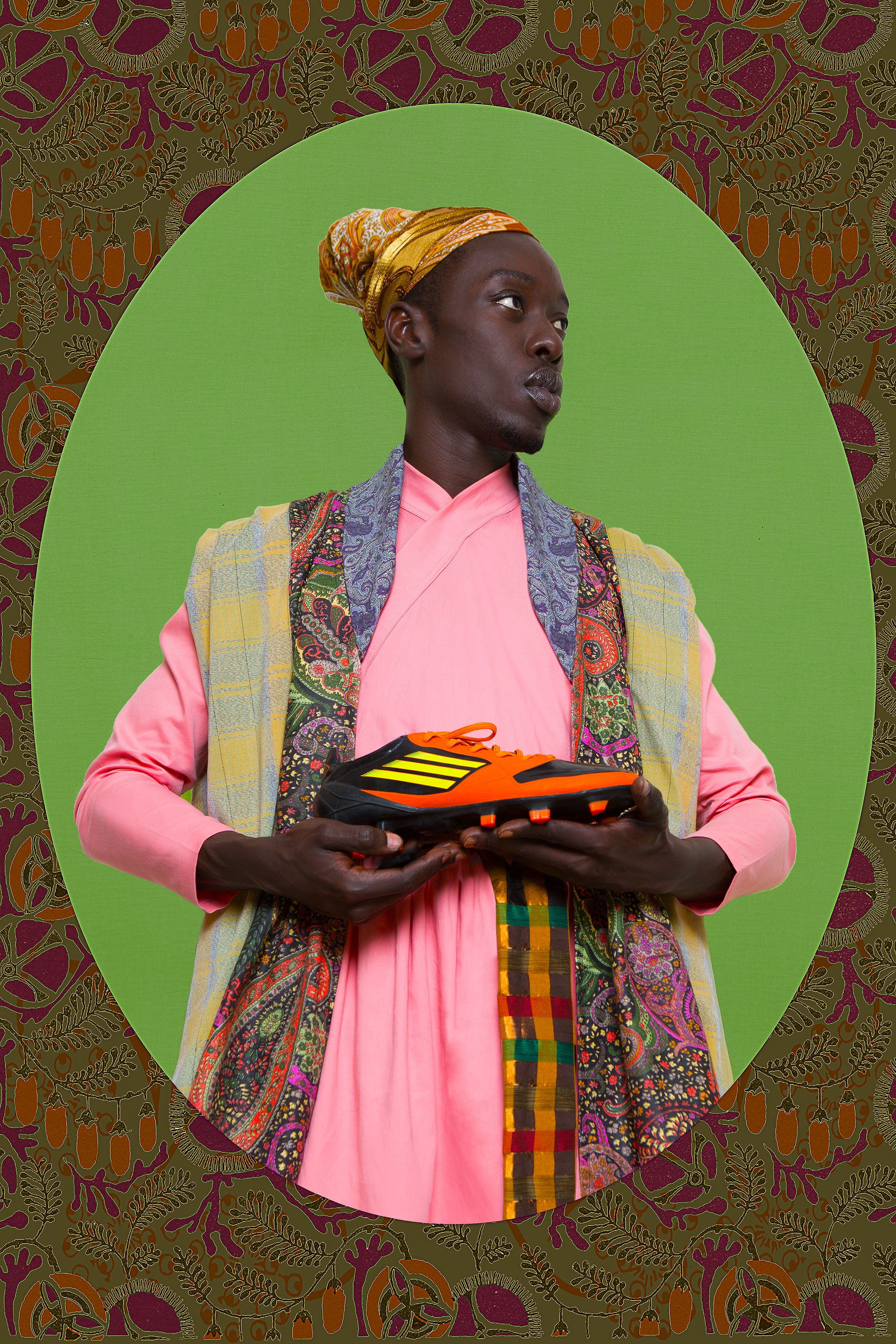The Robert Rauschenberg Foundation announced the next call for proposals to its Artist as Activist Fellowship program. Applying lessons from the inaugural round of fellowship applications, the foundation will use an alternating thematic frame to guide its open call for proposals. During the 2016 and 2017 fellowship cycles, the thematic frame is racial justice through the lens of mass incarceration. Artists with ambitious projects that tackle this critical issue are invited to seek up to $100,000 in support. Applications to the 2016 cycle are due 5:00pm (EST) on December 7, 2015.
There are 2.2 million people currently in our nation’s prisons or jails(1), 1 million of whom are African American(2). This is a 500 percent increase over the past thirty years and if current trends continue, one in three black males born today can expect to spend time in prison during his lifetime. Together, African American and Hispanics comprised 58 percent of all prisoners in 2008 even though African Americans and Hispanics make up approximately one quarter of the U.S. population(3).
This constitutes an epidemic.
What we witnessed in the past year—from the countless deaths at the hands of police foregrounded in the corpses of Michael Brown, Eric Garner, Freddie Gray, and Tamir Rice to the resulting events in Ferguson and Baltimore—were not new phenomena. What we witnessed are the signposts of a national crisis as old as America itself. These events are symptomatic of a national economy that from inception has pivoted on a permanent underclass sustained by the design of racial hierarchy. A hierarchy expressed first through the colonization of indigenous nations and the enslavement of Africans, then manifested through Jim Crow laws, and when segregation became illegal, reconstituting itself through the criminalization of black and brown bodies…bottoming out their humanity and more often than not the full rights of American citizenship.
Mass incarceration intersects with access to affordable housing, wealth inequality and economic justice, voting rights, the detention of working-class people of color labeled as immigrants, and equitable educational policy. In fact it is having a particularly devastating effect on young people. Nationwide, African Americans represent 26 percent of juvenile arrests, 44 percent of youth who are detained, 46 percent of the youth who are judicially waived to criminal court, and 58 percent of the youth admitted to state prisons(4).
It is exhausting to unravel the complexity of this issue, let alone to design ways to dismantle the social and economic structures that got us here.
And yet that is the task before us, one that requires an army of creative thinkers. If a new world is possible, it is the minds of artists, designers, culture bearers, and other creative professionals who will call it forth. We believe that at their best, art and artists are disruptive. The very nature of being a compelling artist is to generate new thinking and inspire new ways of being, whether through fostering empathy or by proposing radical alternatives to our current systems.
This year’s Artist as Activist Fellowship provides the opportunity for creative professionals who are committed to moving the dial on mass incarceration, and by extension racial justice, to seek a robust set of resources to advance their work. To learn more about the Fellowship program, including how to apply, click here.
The Robert Rauschenberg Foundation Seeks Artists to Address Mass Incarceration
